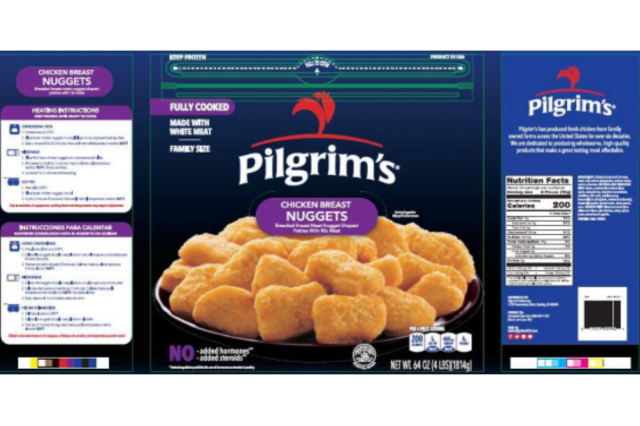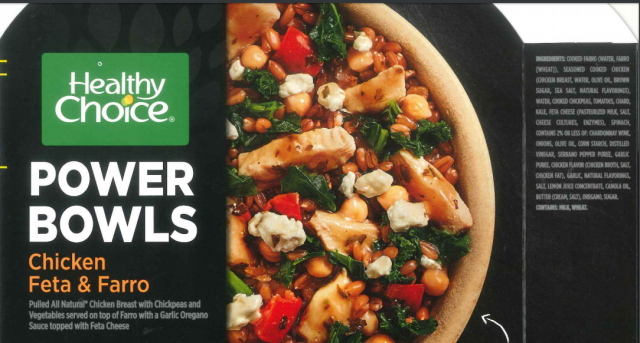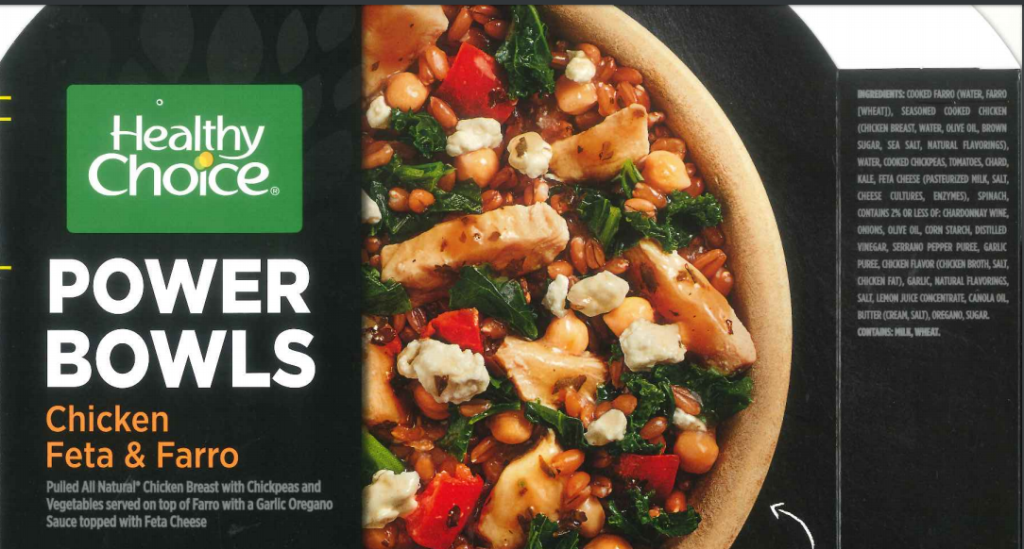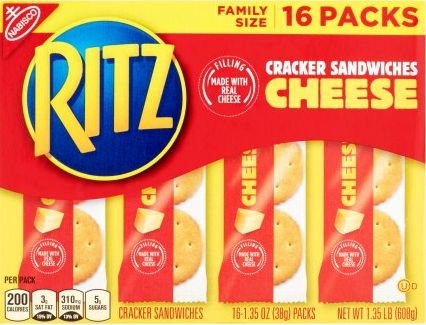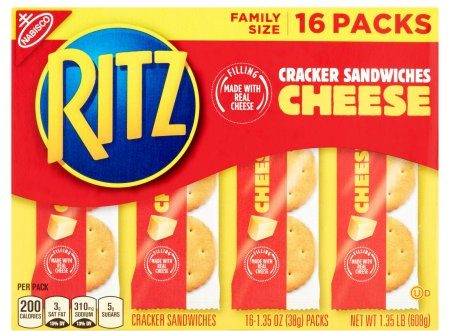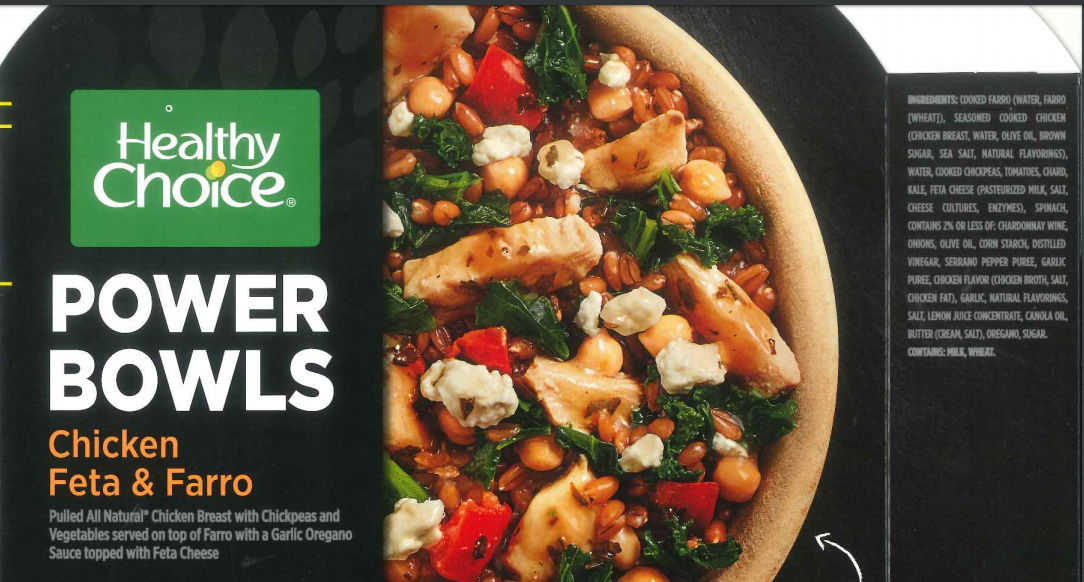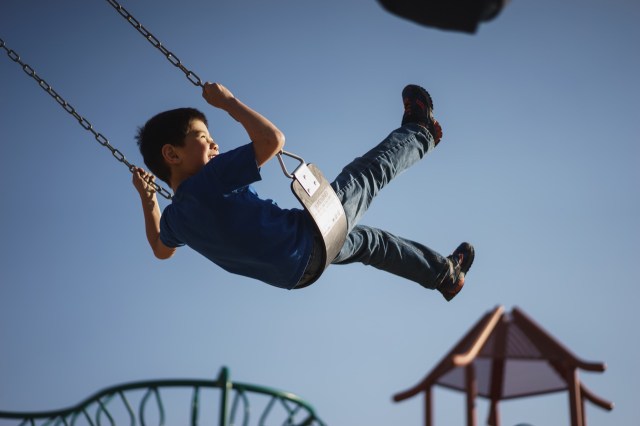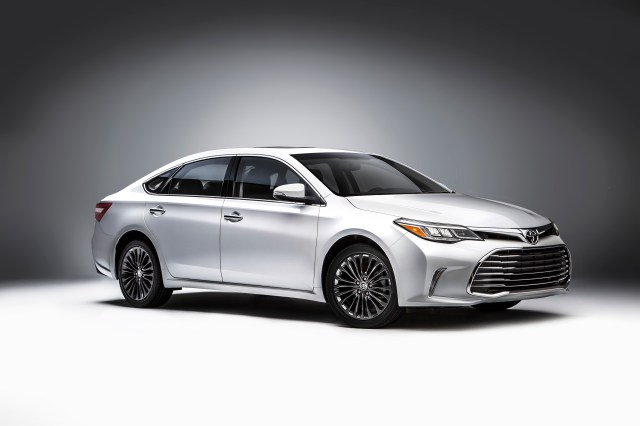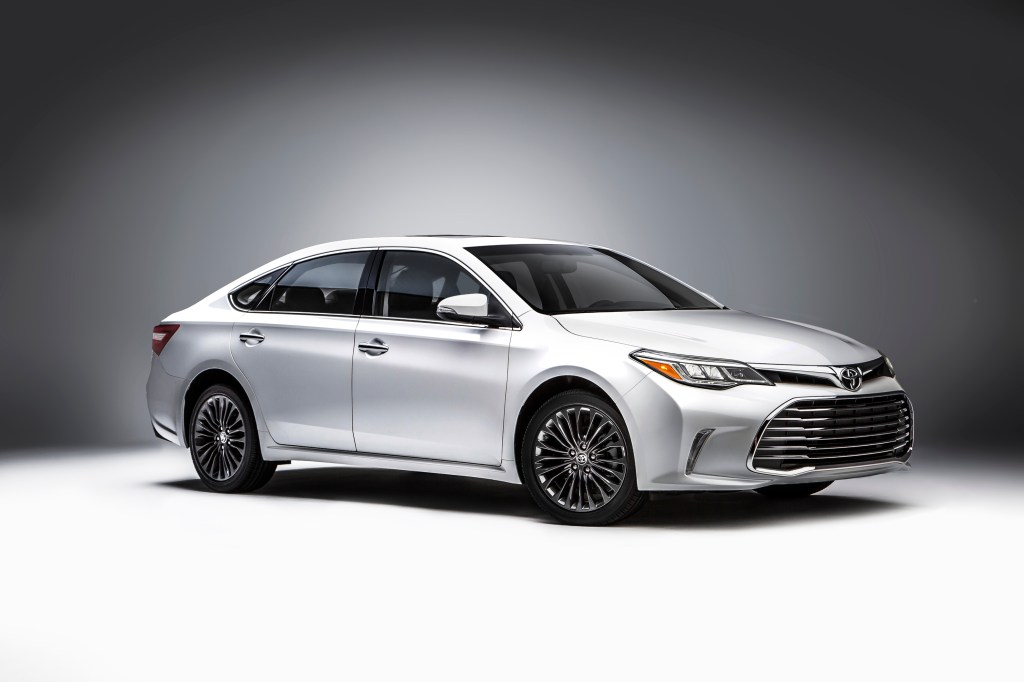The U.S. Department of Agriculture’s Food Safety and Inspection Service has announced that Pilgrim’s Pride Corporation is recalling approximately 59,800 pounds of fully cooked chicken breast nugget products that may be contaminated with extraneous materials, specifically flexible rubber material. The frozen ready-to-eat chicken breast nugget items were produced on May 6, 2020. 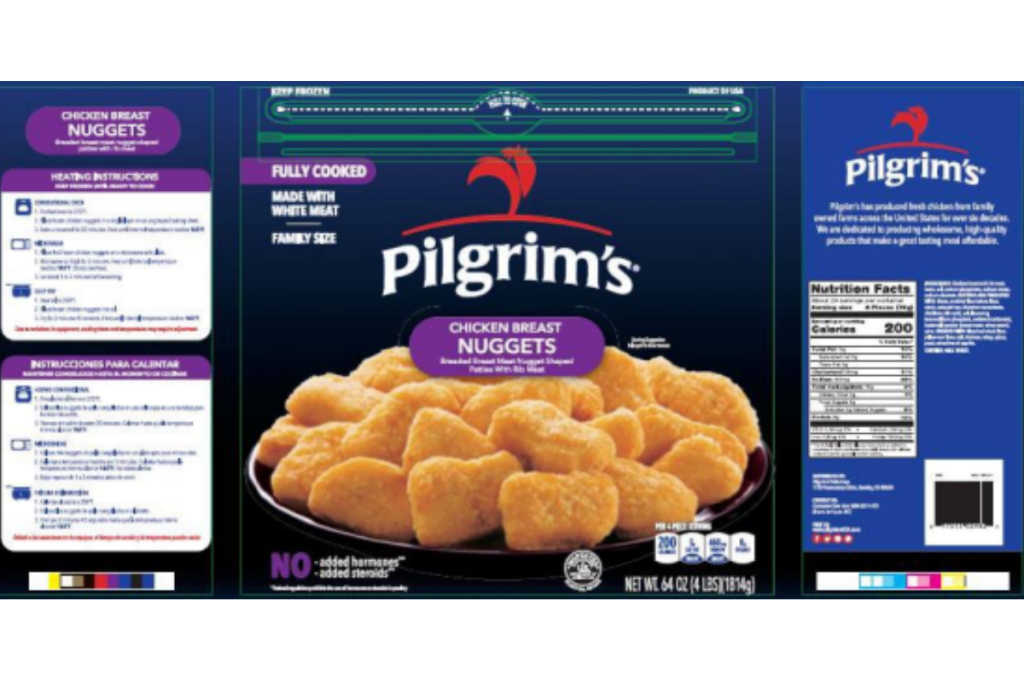
4-lb. plastic bag packages containing “Pilgrim’s Fully Cooked Chicken Breast Nuggets,” with a Best-By date of 06 MAY 2021 and lot code of 0127 printed on the retail package. Product cases contain lot codes 0127105009, 0127105010, 0127105011, 0127105012, 0127105013, 0127105014, 0127105015, or 0127105016 printed on the box.
The products subject to recall bear establishment number “P-20728” printed on individual retail packages as well as product cases. These items were shipped to retail locations in Arizona, Idaho, Oregon, and Texas.
The problem was discovered after the firm received a consumer complaint reporting rubber pieces in the chicken breast nuggets product. There have been no confirmed reports of adverse reactions due to consumption of these products. Anyone concerned about an injury or illness should contact a healthcare provider.
FSIS is concerned that some product may be in consumers’ freezers. Consumers who have purchased these products are urged not to consume them. These products should be thrown away or returned to the place of purchase.FSIS routinely conducts recall effectiveness checks to verify recalling firms notify their customers of the recall and that steps are taken to make certain that the product is no longer available to consumers.
Consumers with questions about the recall can contact Ed Tyrrell, Consumer Relations Manager for Pilgrim’s Pride Corporation, at (800) 321-1470. Members of the media with questions about the recall can contact Nikki Richardson, Director of Communications for Pilgrim’s Pride Corporation, at (970) 506-8028.
Consumers with food safety questions can call the toll-free USDA Meat and Poultry Hotline at 1-888-MPHotline (1-888-674-6854) or live chat via Ask USDA from 10 a.m. to 6 p.m. (Eastern Time) Monday through Friday. Consumers can also browse food safety messages at Ask USDA or send a question via email to MPHotline@usda.gov. For consumers that need to report a problem with a meat, poultry, or egg product, the online Electronic Consumer Complaint Monitoring System can be accessed 24 hours a day at https://foodcomplaint.fsis.usda.gov/eCCF/.
—Jennifer Swartvagher
Featured photo: U.S. Department of Agriculture’s Food Safety and Inspection Service
RELATED STORIES
Lean Cuisine Recalls Products Due to Misbranding and Undeclared Allergens
Hy-Vee & ALDI Recall Garden Salads Due to Contamination Concerns
